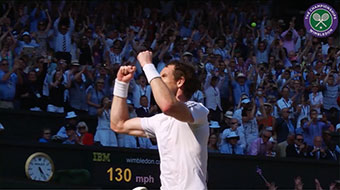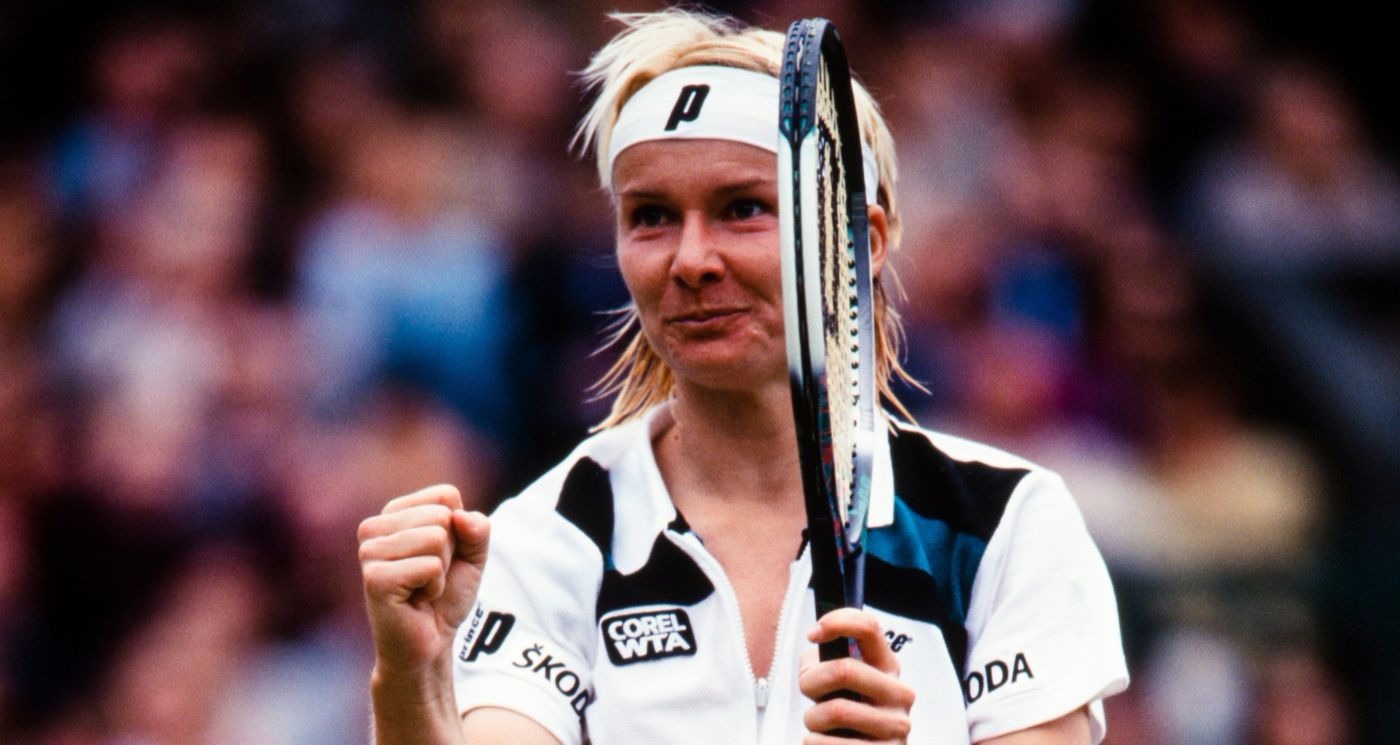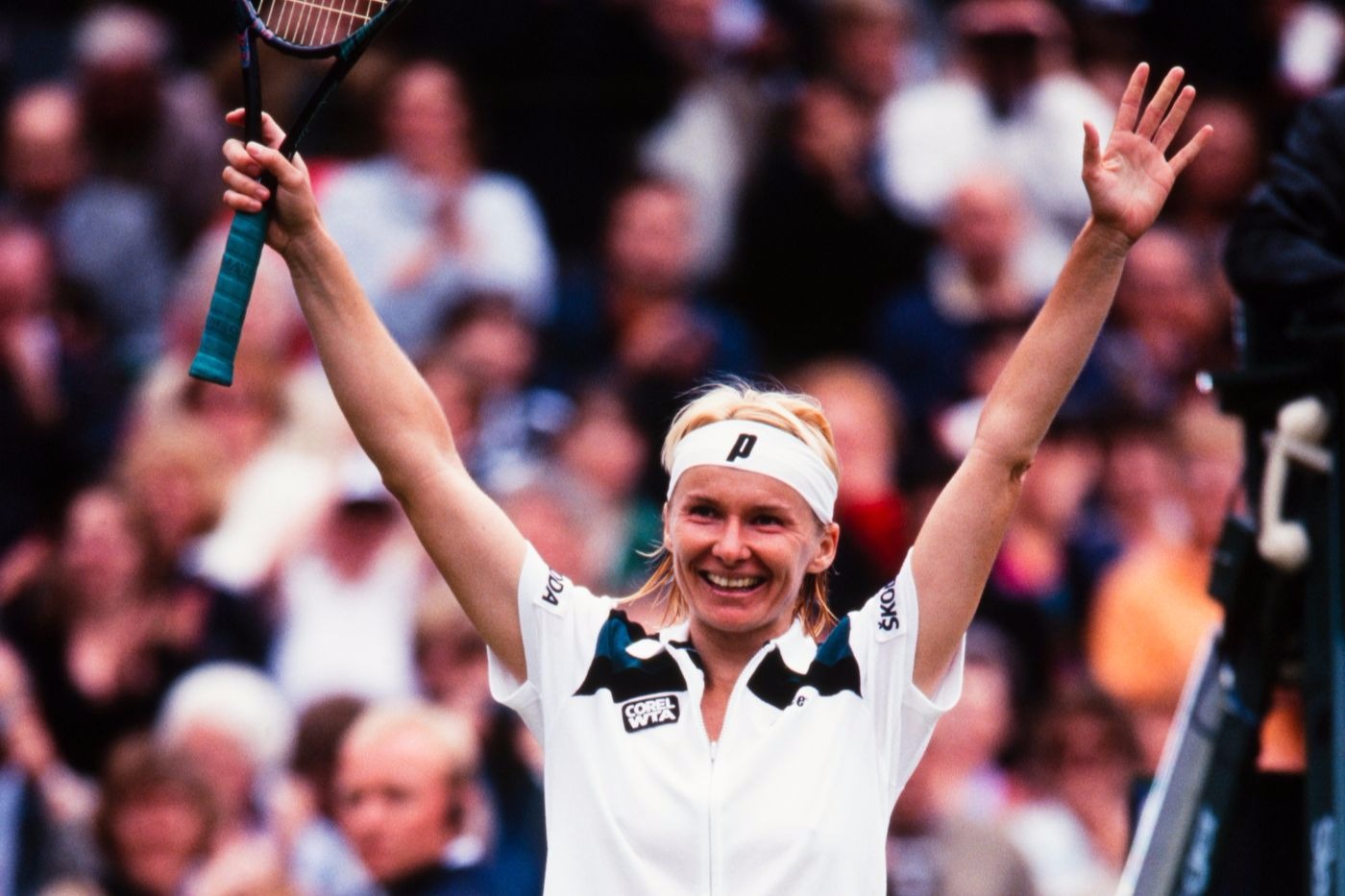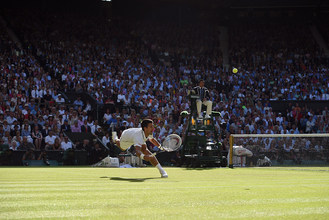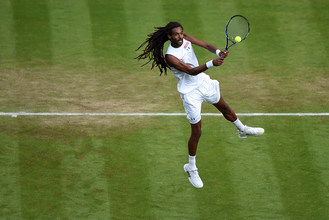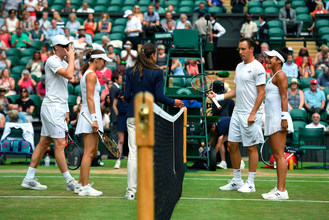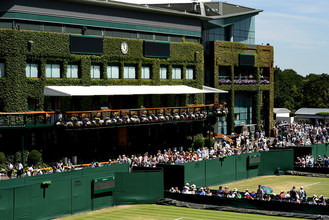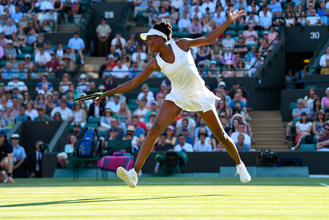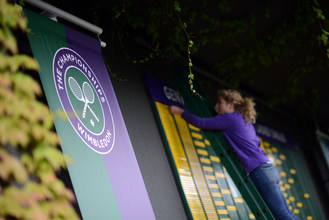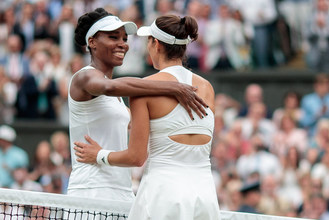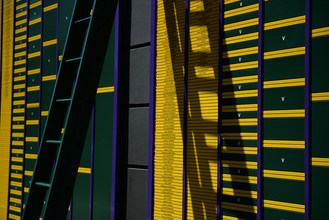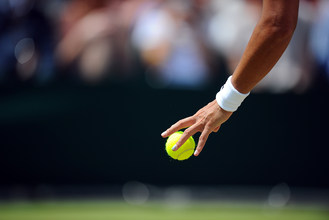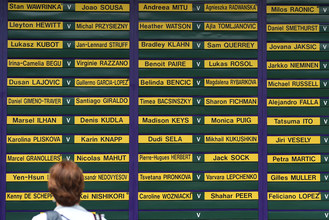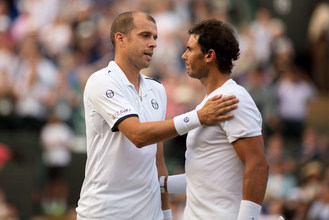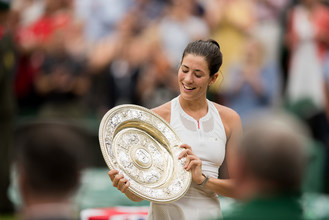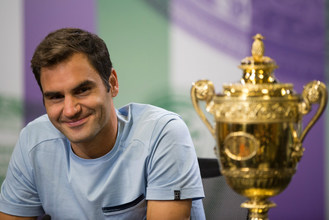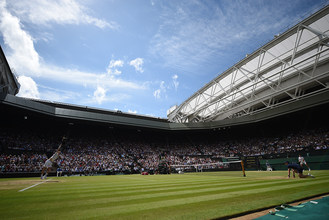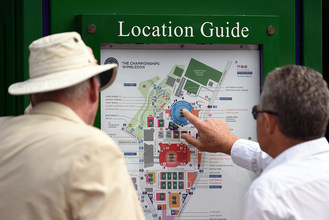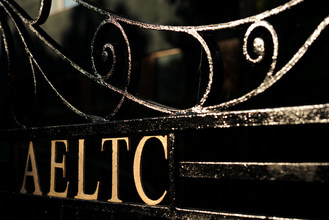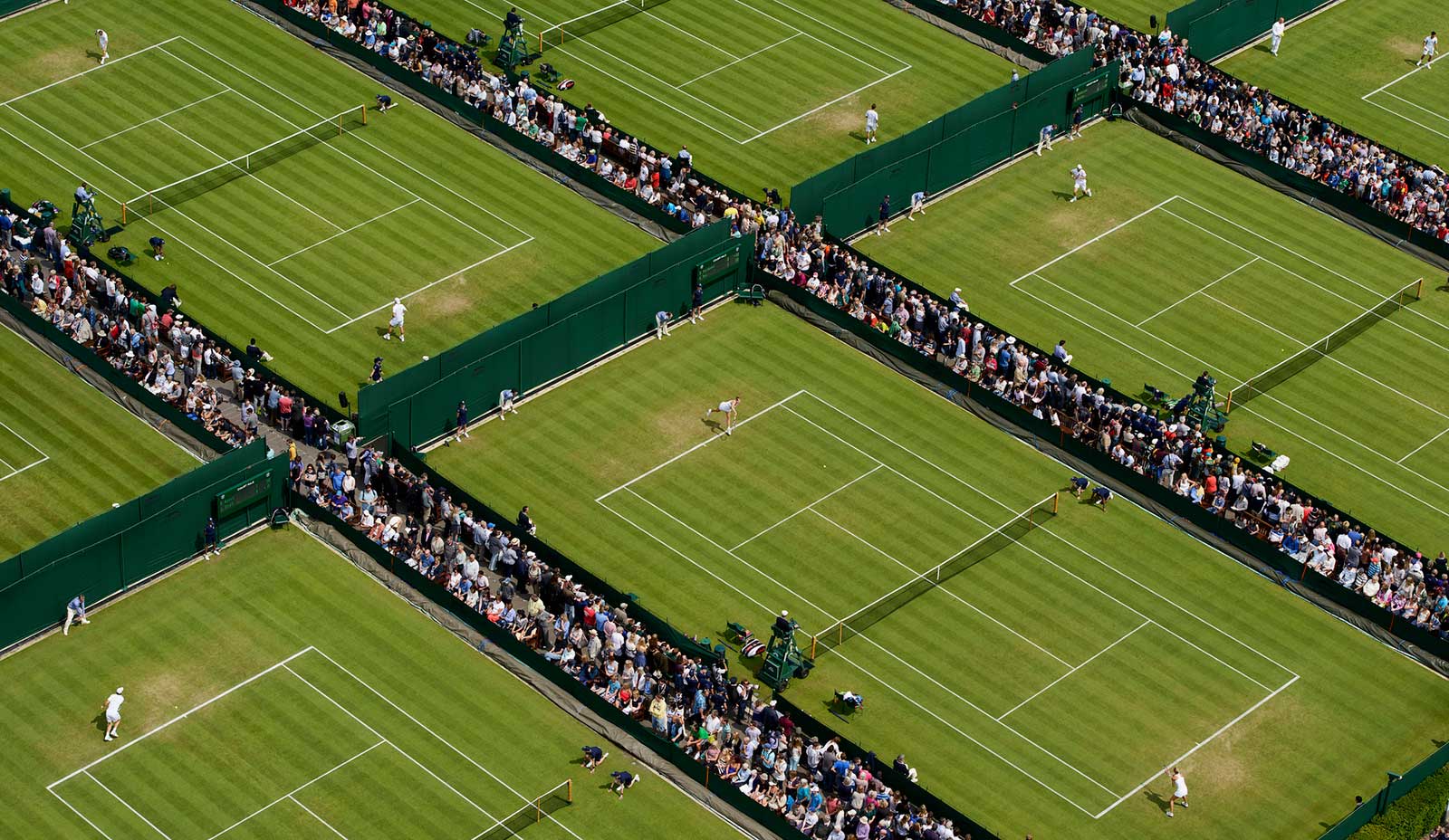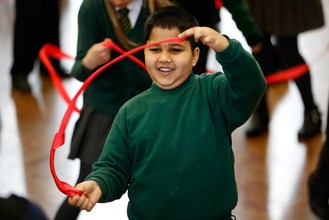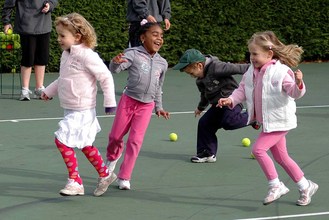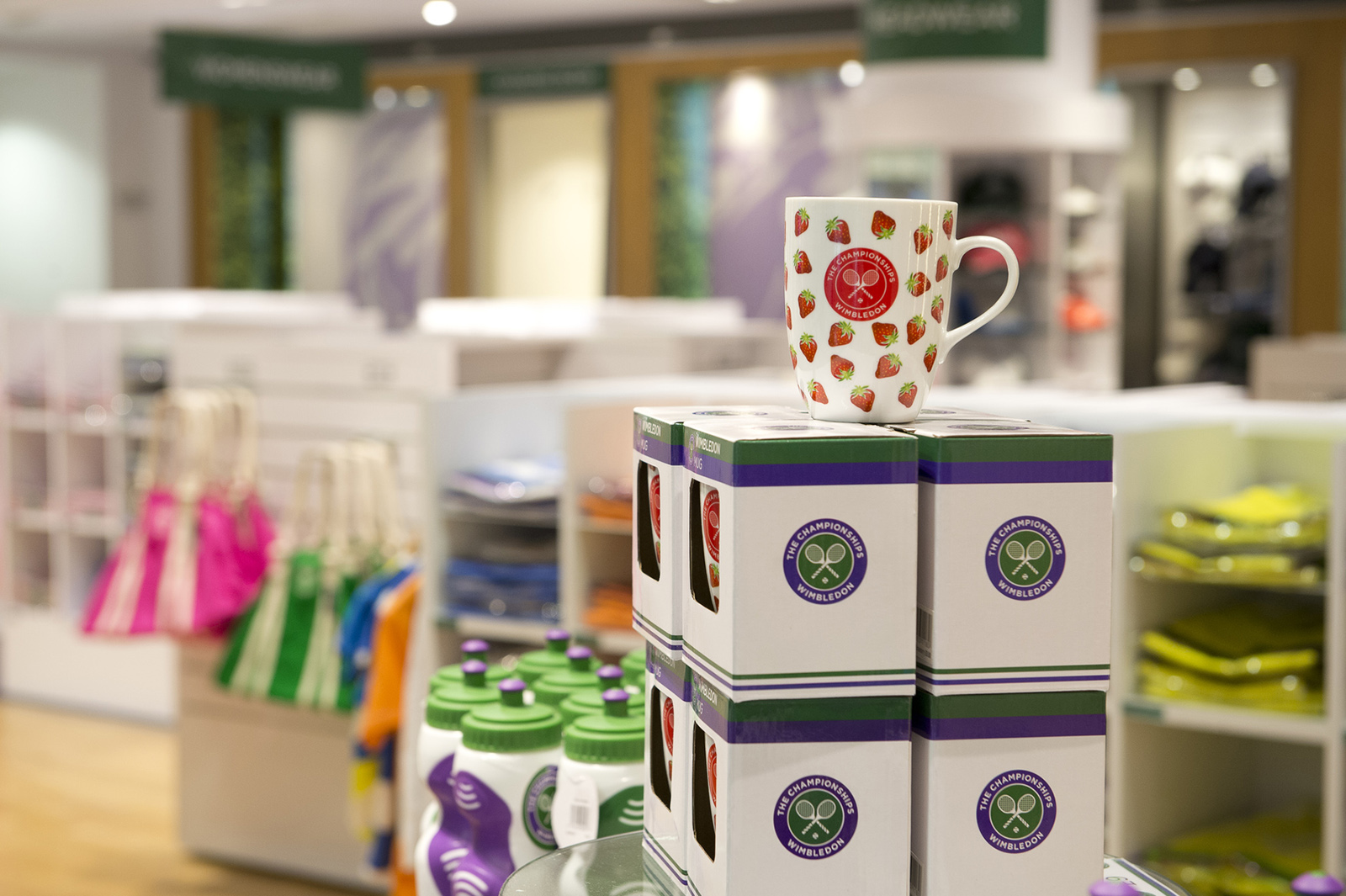This past weekend was a solemn one for tennis fans of all ages. On Saturday, we learned that Pancho Segura, a pioneer of the 1950s professional barnstorming tours, had died at 96. Within 24 hours, that sad news was followed by a death in the tennis family that was much harder to process: Jana Novotna, the 1998 Wimbledon champion, had succumbed to cancer at 49.
As her friend and fellow player Pam Shriver wrote for ESPN.com yesterday, “Jana chose to live with her cancer journey in a most private way. Only her closest friends and family knew that her life was going to end too soon.”
Her age - 49 - didn’t make sense. Neither did the idea that the woman who, in the 1990s, had taken us on one of the most harrowing but ultimately satisfying emotional journeys in the sport’s history could be gone. Novotna’s net-rushing style may look old-school now, but the sight of her smoothly slashing her way across the grass on Centre Court—as well as the clay at the French Open, where she twice reached the semi-finals—is still fresh in the minds of anyone who watched her in person.
Novotna retired in 1999, which was fitting. Her bold but polished attack was exactly how tennis was taught over the last half of the 20th century. Like so many professionals from that time, she was just as proficient in doubles as she was in singles. Novotna won 16 Grand Slam doubles titles (12 in women’s, four in mixed) and rose to No.1 in the WTA doubles rankings.
On court, Novotna made an impression, and judging by the tributes that have flowed from her fellow players over the last 24 hours, she made a lasting one off of it as well.
“I am gutted and beyond words,” said her fellow Czech Martina Navratilova. “Jana was a true friend and an amazing woman.”
“A sad loss to the tennis world,” Chris Evert wrote, “but a devastating loss to those of us who shared a deep friendship with her...a woman with integrity and honor.”
"Jana Novotna was a brave, courageous sweet lady with a wonderful sense of humour," said the Duchess of Kent, who was so inextricably linked with Novotna's story. "Wimbledon will not be the same without her."
I first met Jana on a photo shoot in Miami in 1999, a few months before her retirement. She was the defending Wimbledon champion at the time, but she didn’t put on a star’s airs; she came across as smart, reserved, funny, and down to earth.
Wimbledon will not be the same without her
Novotna finished her 13-year career with a 569-221 singles record. But she’ll be remembered for one win and one loss. They happened five years apart on Centre Court, and together they neatly encapsulated the famous words of Kipling’s that adorn the entrance to that arena: “If you can meet with triumph and disaster and treat those two impostors just the same...”
Disaster struck in Novotna’s first Wimbledon final, in 1993. She led Steffi Graf 4-1 in the third set, and was up 40-30 on her serve. With the finish line coming into sight, though, Novotna, gripped by nerves, suddenly couldn’t put one foot in front of the other. She double faulted wildly to make it deuce. She hit a forehand volley even more wildly; the ball nearly flew into the stands. She was broken. An uncomfortable silence soon swept over Centre Court as Novotna struggled to remember how to swing her racquet.
“It was almost eerie from there,” Thomas Bonk wrote in the Los Angeles Times, “like some kind of slow-motion action.”
The world could only watch in horrified sympathy as Novotna, serving at 3-4, double faulted three more times, and won just one point over the final two games. While a shocked Graf celebrated her third straight Wimbledon title, Novotna was consoled by the Duchess of Kent. “Jana, I believe you will do it, don’t worry,” the Duchess told her, as Novotna collapsed on her shoulder in one of the sport’s most indelible moments.
Novotna did her best to share her most famous fan’s faith. In 1995, she lost to Graf in three sets in the semi-finals, and in 1997 she made it back to the final, only to lose to her doubles partner Martina Hingis, then aged 16. The Duchess was there to console Novotna again, and to keep her spirits up. “Three times lucky,” she told her.
The words may have been a wish, but they proved to be prescient. The following year, Novotna knocked off an 18-year-old Venus Williams in the quarter-finals, turned the tables on Hingis in the semis, and watched as 16th seed Nathalie Tauziat upset No.2 Lindsay Davenport on the other side of the draw. Novotna made the most of her opportunity, beating Tauziat in two close sets. But the ghosts of ’93 didn’t go quietly.
Serving for the title at 5-4 in the second set, Novotna was broken. But a stream of Tauziat errors left Novotna with a 6-2 lead in the tiebreaker. Fortunately, Tauziat didn’t give her a chance to get tight this time. Novotna reflexed a forehand return of serve winner for the title, and dropped to the grass in tears.
“I don’t recall a more ecstatic locker room,” Shriver said of Novotna’s popular victory.
It’s hard to think of a winning moment in tennis that meant more, or was more well-earned. Novotna’s 1993 defeat laid bare the nerves that even the most accomplished tennis players feel, and showed how difficult it can be to conquer them when you’re all alone on Centre Court, with the entire world watching. All recreational players know what it’s like to feel their racquets shake in their hands when they try to close out a set. But we can only imagine what it’s like to try to close out a Wimbledon title.
More than any other player, Novotna faced disaster on Centre Court, and then had the courage to risk it again and again until she finally triumphed.

